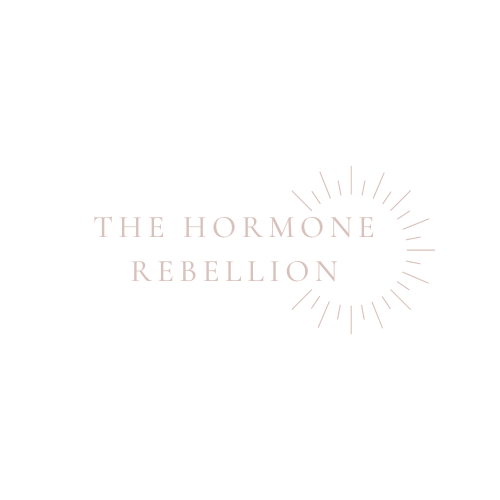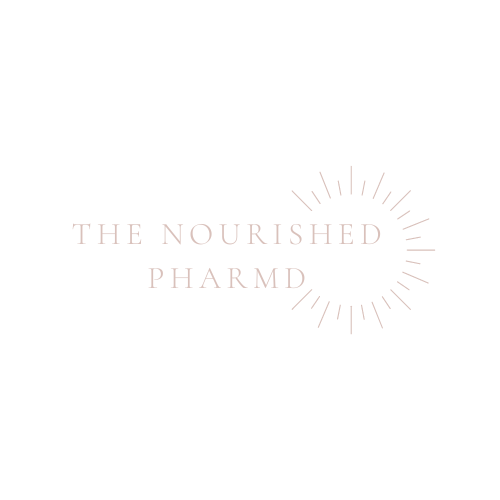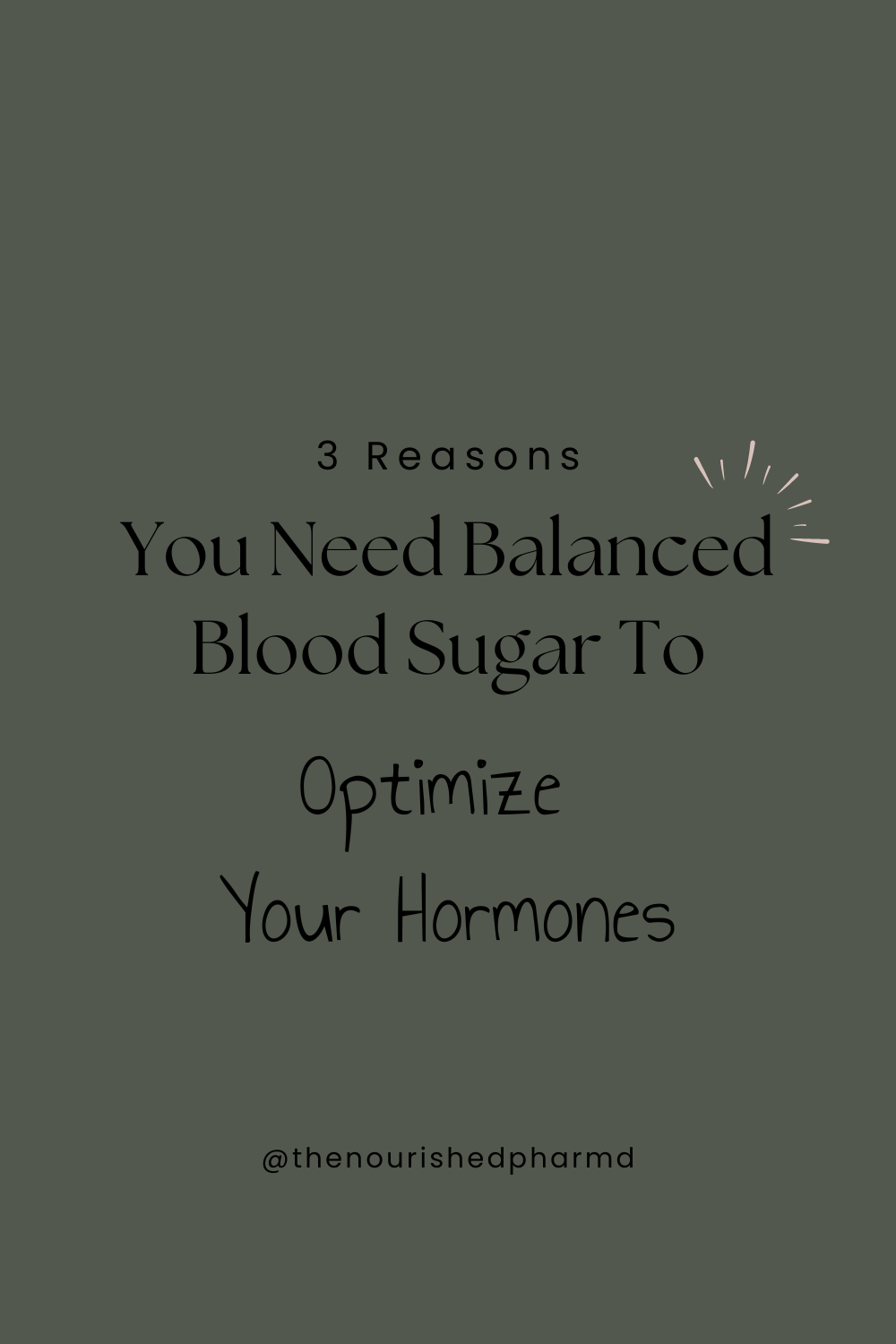3 Reasons You Need Balanced Blood Sugar to Optimize Your Hormones
It basically boils down to this: what’s good for your blood sugar is good for your hormones, and all of that is good for your overall health.
Let’s talk about why your blood sugar balance is such a big deal.
Here Are The 3 Reasons You Need to Balance Your Blood Sugar to Improve Your Hormones:
#1: Your Blood Sugar Hormones Set The Stage for All of Your Other Hormones
It’s helpful to think about your hormones as a form of communication for your body. That’s what they do. They send messages to your cells, to your organs, and to each other. Their goal is to keep everything running smoothly and they do that by talking (they just use chemical messages instead of words).
All of your hormones are interconnected in this web of communication. They’re all influencing each other.
The main hormones that are in charge of your blood sugar balance are Insulin and Glucagon.
If your blood sugar levels are unhealthy, that means that these two hormones, Insulin and Glucagon, are having to work overtime to try to maintain some kind of balance. And, eventually (just like any of us who are feeling overworked) they will start to run out of energy and resources.
In other words, when Insulin and Glucagon are overworked they struggle.
And, if they’re struggling, they will pass that struggle on to your other hormones.
Here’s how that can play out in the rest of your body:
When Insulin and Glucagon are out of balance it can lead to…
Digestive Issues [16]
Potentially Other Neurological Problems (i.e. Neuropathy, Alzheimer's, Parkinson’s, etc) [21] [22] [23] [24]
These health issues are all directly connected to various hormone imbalances. And, they can all be tied back to Insulin and Glucagon - they’re all related to unhealthy blood sugar levels.
So, What Causes Insulin and Glucagon to Have A Hard Time in The First Place?
It’s food. The food that you eat (or don’t eat) is what determines if your blood sugar response will be healthy or unhealthy. If it’s consistently unhealthy, that leads to worn-out Insulin and worn-out Glucagon, and that can lead to all of the things we mentioned above. Of course, there are other factors, but your food has the biggest and most immediate impact. [25]
#2: Your Blood Sugar Response Tells You if Your Food is Supporting Your Metabolism (or Breaking It)
You have to eat because your cells need energy. Your cells have these tiny cellular engines, called your mitochondria. Those engines are driving your metabolism. And, they need the right fuel to keep things chugging along. The fuel that they use comes from the food that you eat (via calories and macronutrients).
But, there’s a difference between helpful fuel and harmful fuel.
Just like there’s a difference between putting gasoline in a gasoline engine (i.e. your car) or accidentally pumping it full of diesel. If you get the right fuel in there, you’re good to go. If you don’t you might chug along for a little while but, eventually, your vehicle is going to come to a screeching halt.
If you’re getting your fuel from high-quality real foods - you’ll be soaring down the highway, no problem. If you’re getting it mostly from low-quality processed stuff - your metabolism just might come to a screeching halt. You don’t want that.
How Do You Know if the Food You Ate Was Helpful or Harmful?
Well, your blood sugar response can tell you that.
It can legitimately be hard to know if what you’re eating is helpful or harmful these days. There are a lot of junky processed things marketing themselves as healthful “food”.
One way to know if what you’re eating is helping or harming your individual metabolism is to learn to measure and interpret your blood sugar.
If your blood sugar is higher than it should be, that means your metabolism is having a hard time using the energy that you gave it (junky - like diesel in a gasoline engine). But, if you have a healthy blood sugar response to your meal, that means it was the right fuel for your body and your cellular engines are happy.
This is why having tools that help you tailor what you eat to your unique blood sugar response is so helpful. We talk more about that here: The #1 Hormone-Healing Tool You Didn’t Know You Needed.
#3: Your Blood Sugar Levels Can Tell You How Well Nourished You Are (And, Your Other Hormones Need Those Nutrients, Too)
To optimize your health, you have to be well nourished. Do you have all of the vitamins, minerals, and helpful fuel that your body needs to thrive?
And, if we’re gonna be blunt about it, your hormones are nutrient guzzlers. That includes the hormones that work to manage your blood sugar balance (like, Insulin and Glucagon).
Here are some of the vital nutrients that your hormones desperately need AND that help keep your blood sugar in a healthy range:
Eating nourishing real foods that provide plenty of these blood sugar-balancing nutrients not only helps you achieve healthy blood sugar levels - it kills two birds with one stone by also nourishing all of your other hormones. You’re giving your hormones the resources that they need to keep going. And, your blood sugar response is one way to confirm that you’re on the right track with getting those nutrients your hormones need. Or, if it’s in the unhealthy range, it can be a sign that you need more of these nutrients.
To be clear, your blood sugar balance isn’t necessarily more important than all of the other areas of your health - they’re all important. But thinking about food from the perspective of what’s helpful for your blood sugar helps you create a clear picture of what’s going to be supportive for the rest of your body. And, when you learn to tailor what you eat to your unique blood sugar response, it takes the guesswork out of healing your body the natural way.
It’s the path of least resistance. And, I think that’s what we’re after here.
Always rooting for you,



